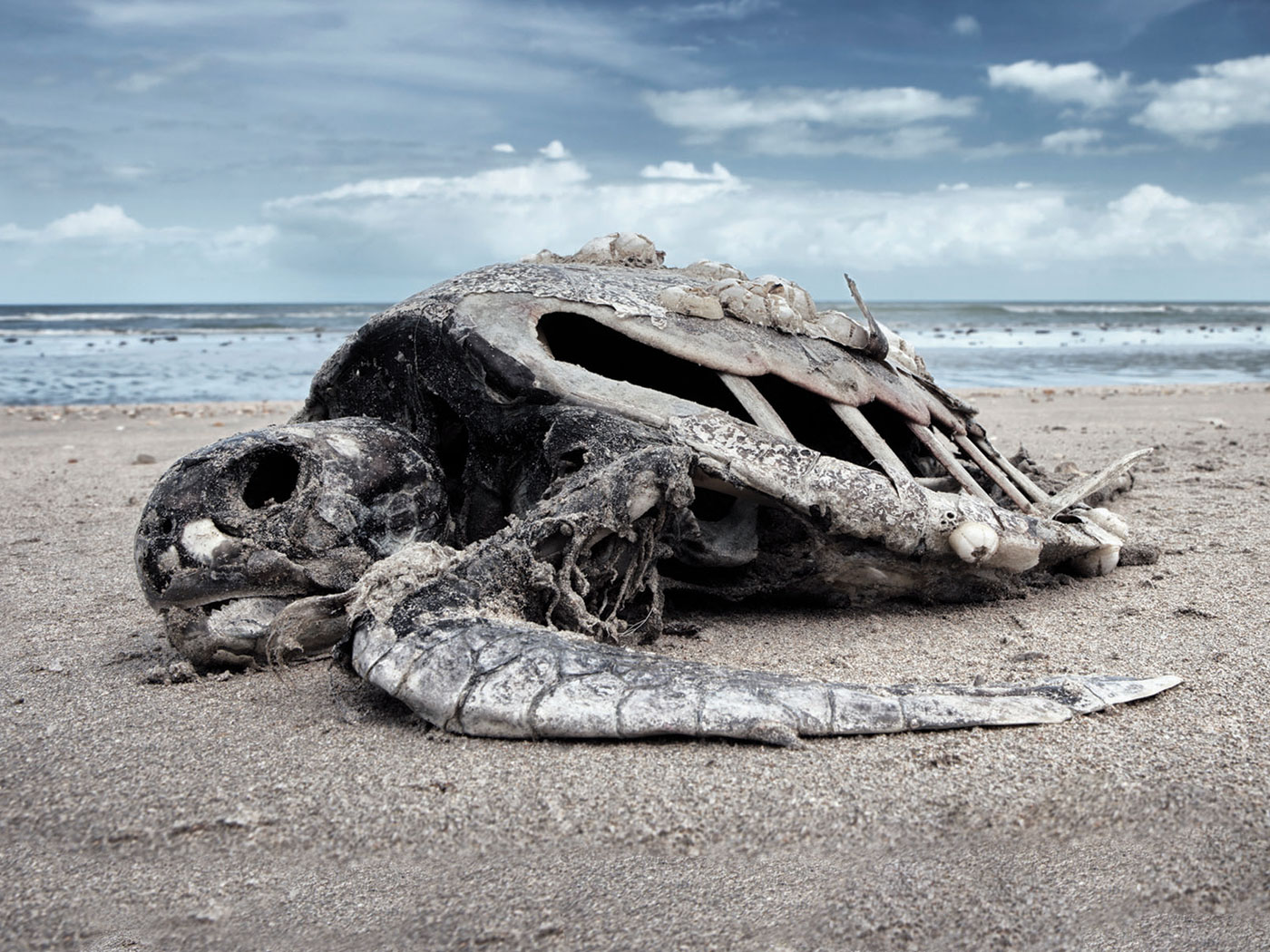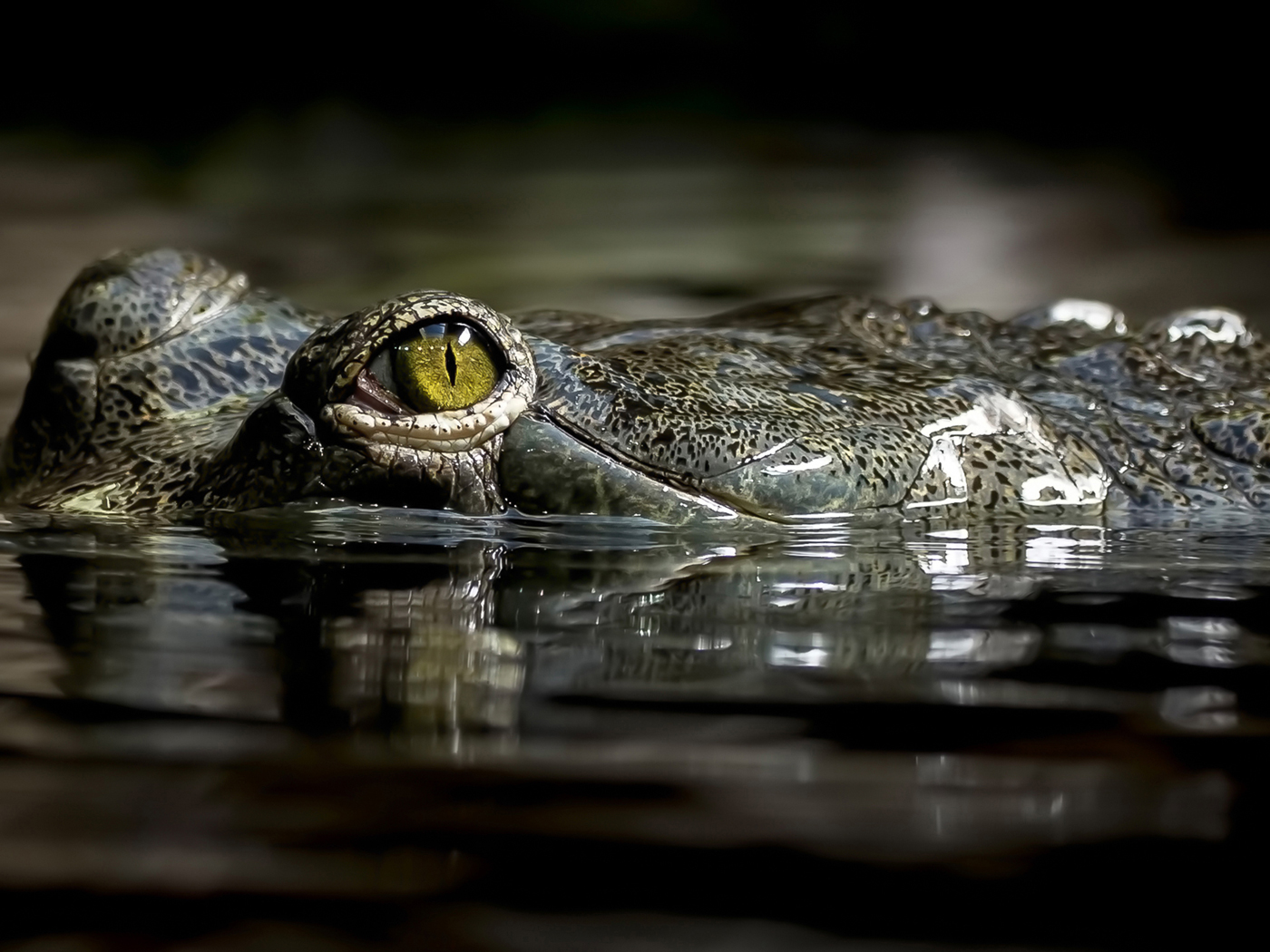Back when my bones were less brittle and muscles more malleable, skateboarding was my passion. I remember how happy I felt raising my arms in victory the first time I ollied over a trash barrel tipped on its side. I didn’t ride just to get from point A to point B but to learn and invent new tricks, express creativity, and triumph over challenging street obstacles. Later, I realized that skateboarding poses a big challenge to Darwinian evolution. Let me explain.
Most who believe Darwinism assert that natural selection of DNA mutations crafts new and improved creature features. This imaginative model suffers from a complete lack of scientific support. For example, nobody has reported an almost-bird that finally evolved a beak. Nowhere has an almost-whale finally lost its body fur to become a whale. Instead, science shows that God’s created kinds possess the key body parts that help them fit into their various environments. But those who want to deny the Bible must come up with an origins tale that excludes the Creator. Today, Darwinism fills that role.
According to Charles Darwin, natural selection adjusts body parts a little bit every generation by “short and sure though slow steps.”1 In this view, the adjustments—the evolution—take place only if those members of the population that did not make the adjustment die. In other words, evolution supposedly happens when the creature faces a life-or-death scenario and changing is a matter of survival. But scores of creature habits, abilities, and biological designs make no survival difference at all—like skateboarding.
Darwinists might imagine a scenario where some skateboard-phobic predator or parasite attacked and killed all humans who could not or would not ride a skateboard. This is how Darwinists would then explain why people can skateboard today. That would make the classic bumper sticker slogan “skate or die” literally true. Happily, no such forces exist to weed out non-skaters. Plus, most skateboarding involves expressions of creativity for our (and sometimes God’s) pleasure, not survival.
My existence on planet Earth has nothing to do with whether or not I learn and invent new tricks, express creativity, or celebrate overcoming street obstacles on my skateboard. So how can Darwinism explain skateboarding?
The same logic applies to an incredible array of features in earthly creatures. The ability to compose or perform in a symphony orchestra, put men on the moon, grow a beard,2 for animals to play3 or birds to sing and dance in elaborate courtship rituals all give no definable survival advantage. These examples fit the definition of non-adaptive order, a term Darwin critic Michael Denton described in a brief documentary called Biology of the Baroque. He says, “Non-adaptive order is seen in something like a maple leaf, or leaf forms where you have extraordinarily complex and beautiful patterns for which you can’t imagine what [specific] function that pattern serves.”4 If it looks like it has nothing to do with survival, how could a sheer need for survival have made it? Many features and capacities, like skateboarding, challenge Darwinism and reflect the Creator’s appreciation for beauty and variety.
References
- Darwin, C. 1866. On the Origin of Species, 4th ed. London: John Murray, 232.
- Thomas, B. 2009. The Apobetics of Aesthetics: A Hairy Problem for Evolution. Acts & Facts. 38 (4): 18.
- Thomas, B. 2010. Why Do Animals Play? Acts & Facts. 39 (1): 16.
- Biology of the Baroque. Discovery Institute. Posted on youtube.com February 11, 2016, accessed February 26, 2016.
* Mr. Thomas is Science Writer at the Institute for Creation Research.












